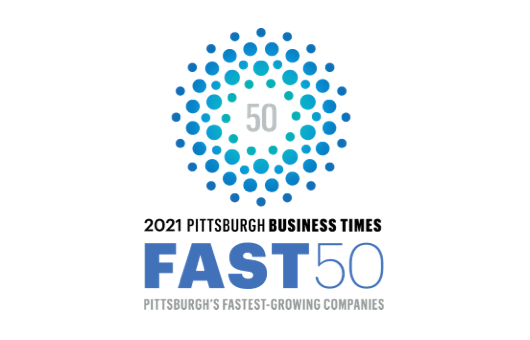We take pride in offering our clients
a turn-key
process.
We communicate during every step of the loan process, so our realtor partners and customers are always aware of the status of their transaction. We follow up on referrals and provide feedback, so our realtor partners can be prompt and efficient in communication with their customers, same day.
Loan Resources
HMA Mortgage
Core Values
Our core focus is to provide
the best mortgage experience
and create customers for life.
and create customers for life.
- Commitment to Clear and Honest Communication
- Culture of Accountability and Dedication
- Operate with Integrity
- Pursuit of Excellence
- Teamwork and Collaboration
We’re here to
Help you grow.
We take pride in offering our clients a
turn-key process,
from pre-approval through closing, including (but not limited to) ordering appraisals and title commitment to payoffs and tax certifications. we’ll work with your
Real Estate Professional.
from pre-approval through closing, including (but not limited to) ordering appraisals and title commitment to payoffs and tax certifications. we’ll work with your
Real Estate Professional.











